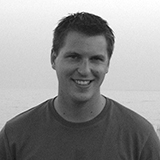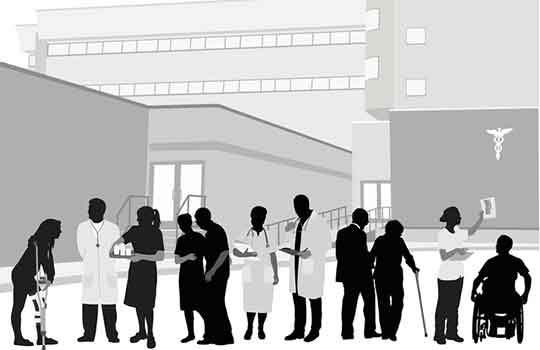Medicine needs to make, adapt, and find its own strategies, instead of borrowing from other industries
 Anyone who has listened in on hospital boardroom meetings will be familiar with the increasing number of strategies borrowed from other industries. Waterfall and agile methods have been plucked from their software home in Silicon Valley and dropped into small rural hospitals. Lean management, from the automotive industry, has been wrenched from the iron of Post-war Japan and left in the revolving door of an outpatient clinic. Six Sigma unplugged from the neon glow of the high-end electronic scene and left in theatre five.
Anyone who has listened in on hospital boardroom meetings will be familiar with the increasing number of strategies borrowed from other industries. Waterfall and agile methods have been plucked from their software home in Silicon Valley and dropped into small rural hospitals. Lean management, from the automotive industry, has been wrenched from the iron of Post-war Japan and left in the revolving door of an outpatient clinic. Six Sigma unplugged from the neon glow of the high-end electronic scene and left in theatre five.
Similarly, clinicians at the coal-face have borrowed techniques from safety conscious industries including crew resource management, checklists, and human factor approaches. We take these tasty morsels of experience, apply them to medicine and say “Running a hospital is a bit like the *replace the blank* industry”. Of course, it is not.
Methods borrowed from production industries may be useful for increasing the numbers of hernia operations done per year or outpatient clinic visits each quarter. However, they do not tell the story of how palliative care should be compassionately delivered at 1am on a snowy New Year’s Day.
Lean design may argue that we can increase throughput in day surgery, but this was designed in a world where a numerical output was the measure of most significance. Honda would be delighted with a doubling of production of it’s new engine blocks, yet your mum may be distraught if her mastectomy was scheduled to happen at 10pm on Easter Sunday to achieve this target.
What these adoptions often fail to capture is the importance of experience in the production of a good. Anyone who has sat on the other side of healthcare as a patient will remember the things that hit home most. That uncomfortable broken seat that you sat on for 4 hours, the vending machine that was out of order, the way your name may have been mispronounced. These are vital experiences that shape our interactions with healthcare, yet cannot be counted in a bean machine. We need the beans, but we should aim for better beans.
Perhaps medicine needs to look more towards industries that focus instead on experience as well as production. The book “If Disney Ran Your Hospital” started this U turn. It recognises that one element you would least expect is actually at the heart of Disney’s customer mission—safety. Yes, they also can focus on a great experience, but their main focus is actually safety.
Experience, safety and efficiency can, and should, coexist. This is when they thrive. Ultimately, medicine needs to make, adapt, and find its own strategies. We need to aim for the next hospital CEO to proudly announce in his welcome address that “Running a hospital is a bit like, running a hospital.”
Matt Morgan is an Honorary Senior Research Fellow at Cardiff University, Consultant in Intensive Care Medicine and Head of Research and Development at University Hospital of Wales, and an editor of BMJ OnExamination. He is on twitter: @Matrix_Mania
